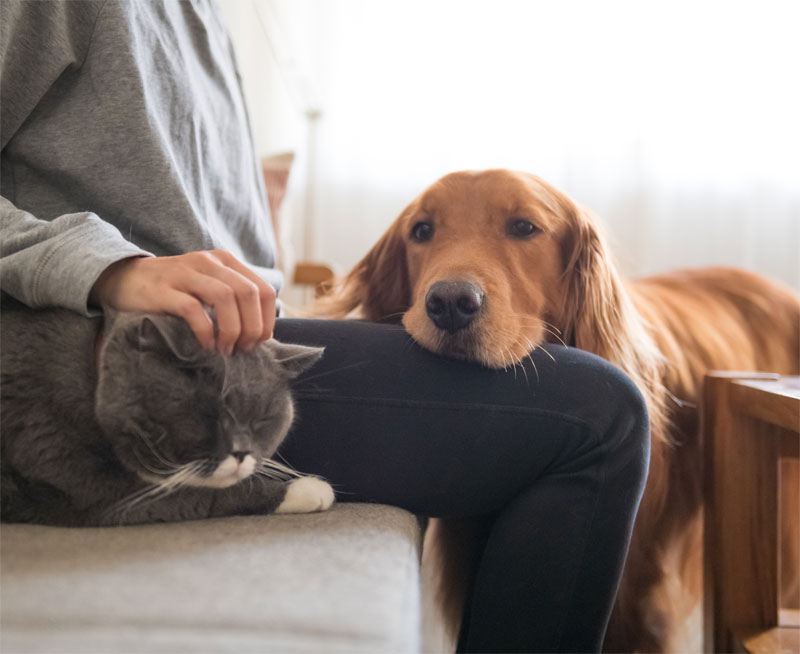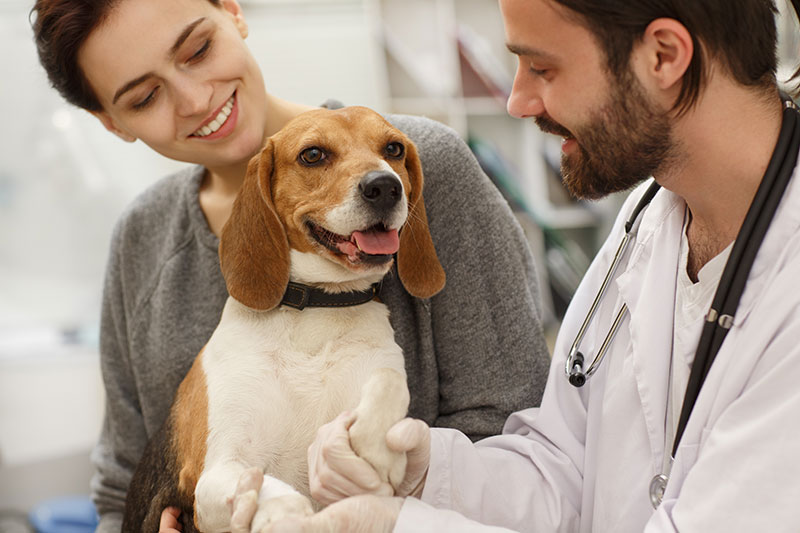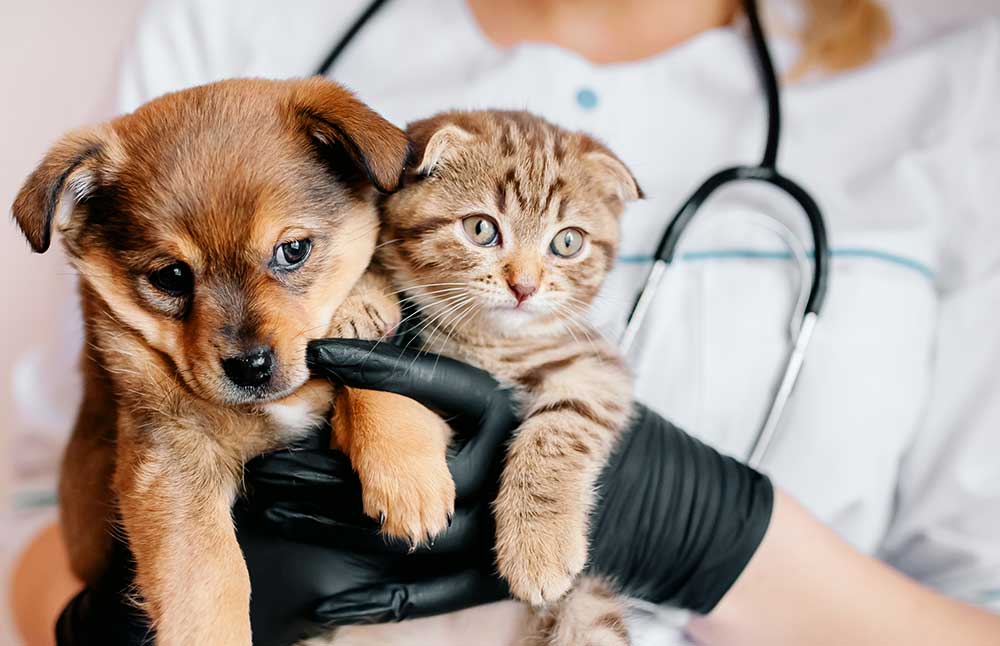
Top 5 Reasons Why We Immunize Our Pets
With all the vaccine controversy in the news, many pet parents are wondering whether we should vaccinate our pets and if pet vaccines are actually safe. The answers to these questions are a resounding yes and yes!
Pet vaccines are some of the safest veterinary treatments available, they’re highly effective, and there are several reasons why you should continue vaccinating your pets according to the preventative care schedule recommended by your veterinarian.
Top 5 Reasons Why We Immunize Our Pets
1. It's the Law
Local laws require that pets be vaccinated against certain diseases such as rabies and distemper. Neglecting to vaccinate your pets against these diseases is against the law.
2. It Prevents Suffering and Saves Pet Lives
Vaccinating pets prevents them from contracting a variety of dangerous infectious diseases, many of which have no effective treatments.
When unvaccinated pets fall ill, veterinarians often can only provide supportive care (fluid administration and pain medications). As a result, pets are at high risk of suffering significantly, incurring permanent health damage, or even dying.




3. It Protects People
Many diseases that vaccines prevent pets from contracting are classified as zoonotic, which means they can be transmitted from pets to people. Vaccinating your pets not only safeguards your pets’ health, but also the health of your human friends, family, and neighbors.
4. It's Good for the Community
Vaccinating pets reduces the prevalence of contagious diseases throughout the community. When pets are responsibly vaccinated, there is a much lower transmission rate between wild animals, pets, and people. This improves the safety of the community overall.
5. It's Safe, Effective, and Inexpensive
It’s easy to argue that vaccines are the safest and most effective preventative care available. They work well, they’re inexpensive, and the risk of adverse reactions is incredibly small.
Plus, the cost of vaccinating your pets will always be less expensive than the cost of treating a pet that has contracted a contagious disease.
Mobile Wellness and Preventative Care for Pets
If your pet is due for vaccinations, booster shots, and a general wellness checkup, but you find it difficult to get into a veterinary clinic with your pet, then we strongly encourage you to consider establishing care with Signature Veterinary Services.
Our mobile veterinary clinic brings all the veterinary care your pet needs to stay healthy right to your doorstep. So, you can protect your pet from dangerous diseases without the stress of visiting the animal hospital.
To learn more or schedule an appointment, we welcome you to contact us today.

















































